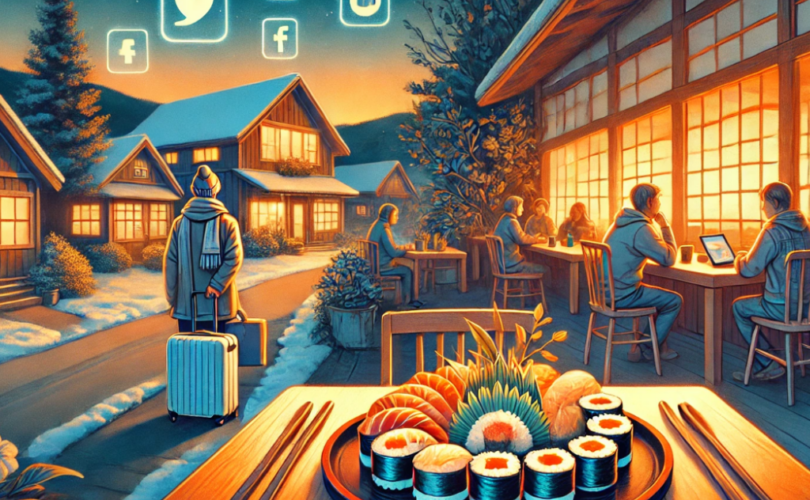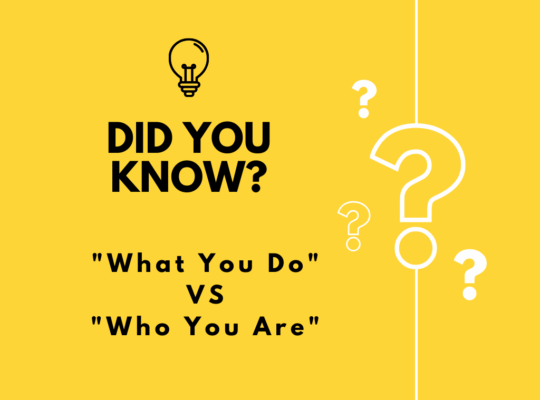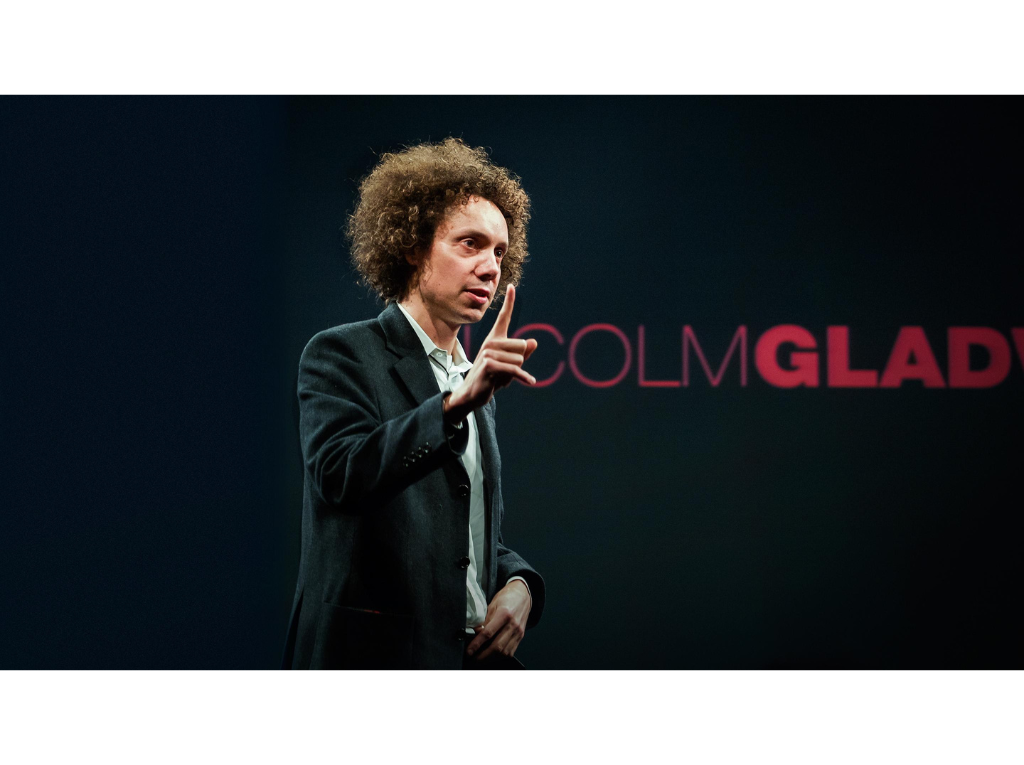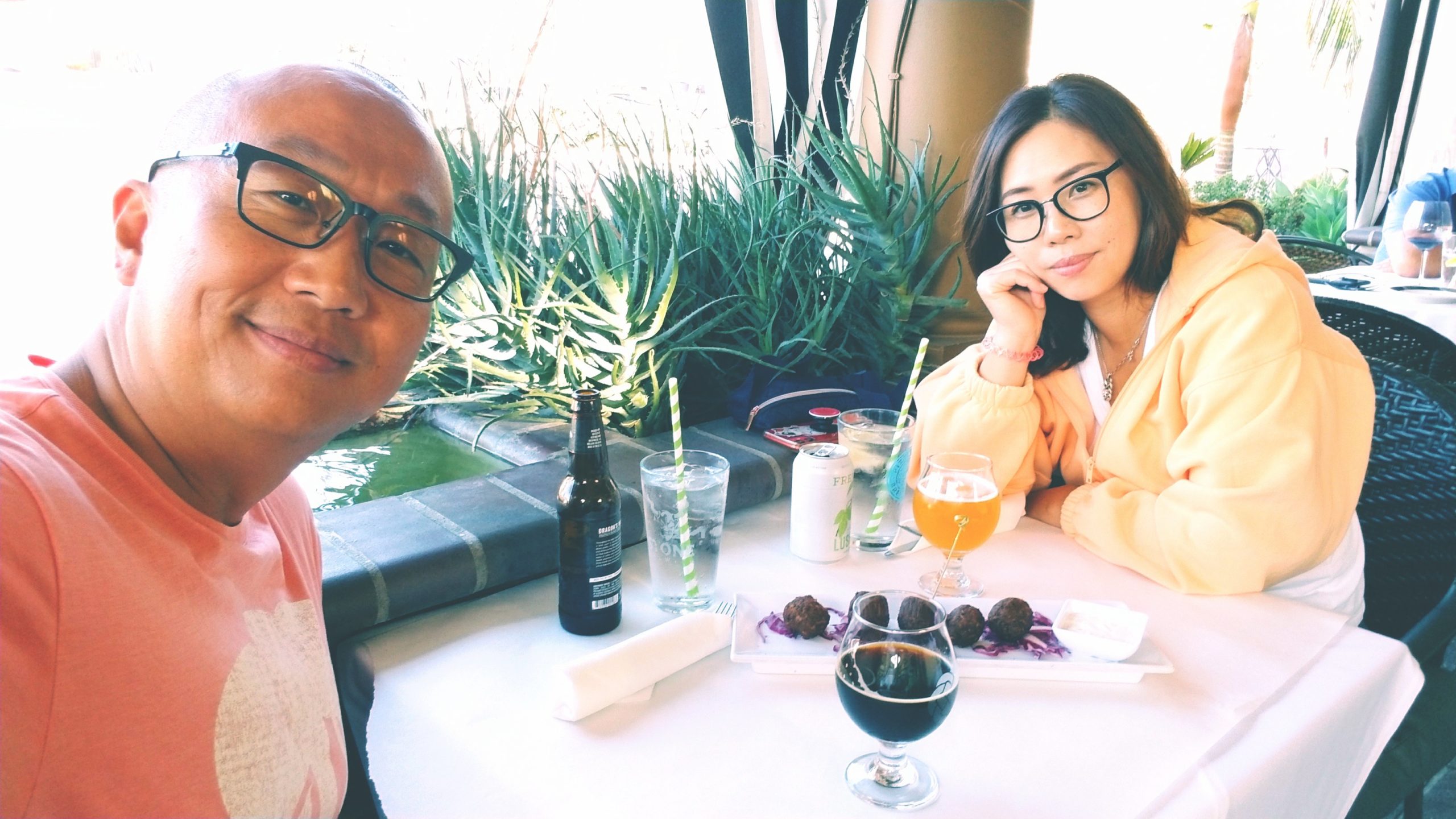My latest business trip took me to Corvallis, a quaint college town in Oregon, home to Oregon State University. Before arriving, I joined a local Kakao chat titled “Discovering Corvallis” to ask a simple question: “Where can I find good Korean food here?” A few names popped up, but one stood out “Cheong Song.” I eagerly searched for it on Google. Strangely enough, no such restaurant appeared in the results, not even when I tried combinations like “Korean food Corvallis” or “Cheong Song Corvallis.” Frustrated but curious, I went back to the group to clarify.
“Cheong Song doesn’t seem to come up. Does anyone have the exact address?” Someone kindly replied, “It might have been renamed something like Amamatsu.” A quick search for “Amamatsu” finally revealed the name “Aomatsu” and a location. It closed at 10 PM, and with my flight landing in Portland at 7 PM and Corvallis two hours away, I calculated I’d just make it in time.
On the Road for a Bowl of Soup and a Shot of Warm Sake
The thought of warm soup and a shot of warm sake motivated me as I made my way south. After a long drive, I arrived at the restaurant, only to find it eerily empty. As I stepped inside, the familiar chime of a doorbell greeted me. “Excuse me, are you still open?” I asked hopefully.
A staff member replied, “We’ll stop seating in five minutes, but you can order takeout.”
Reluctantly, I accepted my fate for the night and decided to try again the next day.
The Art of Sushi and Personal Rituals
The following evening, I returned to Aomatsu, determined to enjoy my meal properly this time. A staff member recognized me from the night before and greeted me with a smile. “Weren’t you here last night?” she asked. I nodded and said, “Yes, but tonight I’d like to dine in.”
Whenever I visit a new sushi place, I have a personal rule—I start with chirashi. This dish, with its bed of sushi rice topped with an assortment of sashimi, serves as my litmus test for a sushi restaurant. It reveals the quality of the fish and the chef’s skill in preparing sushi rice. If I like what I taste, I’ll order a few pieces of nigiri or rolls and sometimes finish with a small bowl of ramen.
The chirashi arrived, and I tasted the first bite: white fish, tuna, then salmon. As the flavors blossomed, I realized I was doing something I often do when the food is good—rubbing the fingers of my left hand together unconsciously, as if savoring every bit of taste required a tactile response. “To find sushi of this quality in a small college town—what a pleasant surprise,” I thought to myself.
But then, another thought emerged: “Is this truly exceptional sushi, or have I adjusted my expectations because I’m in a small town?”
The Trap of Modern Comparisons
Morgan Housel’s Same as Ever came to mind. In it, Housel contrasts life in the 1950s with life today. Back then, people had far fewer material possessions, yet their sense of happiness was often greater. Why? Because they weren’t bombarded by constant comparisons. Without social media showcasing curated snapshots of others’ successes, vacations, and material wealth, people weren’t reminded daily of what they lacked. Happiness was simpler, rooted in what they had, not in what they didn’t.
Today, it’s a different story. Every scroll through social media exposes us to someone else’s seemingly better life—a bigger house, a better job, a more picturesque vacation. It’s no wonder we often feel like we’re falling behind. We live in a world where comparison starts the moment we open our eyes in the morning.
Reclaiming Our Own Standards
As I reflected on the sushi, I realized that taste, like happiness, often depends on the lens through which we view it. Was the sushi truly extraordinary, or was it my relief from the monotony of business travel that made it seem so? More importantly, does it matter?
We live in a time where we must actively resist the pull of comparison. Instead of asking, “Why don’t I have what they have?” we should ask, “What brings me joy, right now, in this moment?” Satisfaction comes not from measuring ourselves against others but from appreciating what’s in front of us and creating our own standards.
The sushi in Corvallis reminded me of something simple yet profound: the value of experiencing life on our own terms. Sometimes, happiness isn’t about finding the best sushi in the world but about savoring the sushi you find, wherever you are.








Unquestionably believe that which you stated. Your favorite justification appeared to be on the web the easiest thing to be aware of. I say to you, I certainly get annoyed while people consider worries that they just don’t know about. You managed to hit the nail upon the top and defined out the whole thing without having side effect , people can take a signal. Will probably be back to get more. Thanks